The goal is simple - rollback data inserted by a unit test. Here is how it goes. In a unit test, a method is called that creates a new connection and inserts some data. After that a unit test creates a new connection and tries to find what has been inserted and assert that. I was hoping to wrap these two things with TransactionScope, not call Complete and see inserted data rolled back. That's not happening. Am I doing something wrong or I am just missing the point?
using (new TransactionScope())
{
// call a method that inserts data
var target = new ....
target.DoStuffAndEndupWithDataInDb();
// Now assert what has been added.
using (var conn = new SqlConnection(connectionString))
using (var cmd = conn.CreateCommand())
{
// Just read the data from DB
cmd.CommandText = "SELECT...";
conn.Open();
int count = 0;
using (var rdr = cmd.ExecuteReader())
{
// Read records here
...
count++;
}
// Expecting, say, 3 records here
Assert.AreEqual(3, count);
}
}
EDIT: I don't think I had DTC running and configured on my machine. So I started the service and tried to configure DTC but I am getting this error.
